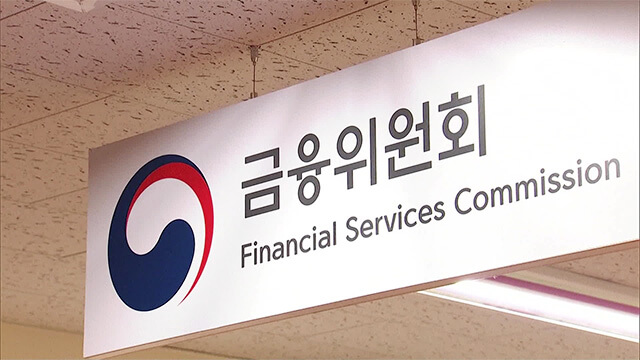
The financial regulator of South Korea intends to progressively relax limitations on institutional cryptocurrency trading, granting them entry to domestic crypto markets.
Non-profit organizations are prioritized as institutions that will be permitted to trade digital currencies.
The Financial Services Commission of South Korea is set to gradually remove barriers to crypto trading after the enactment of its Virtual Asset User Protection Act in July 2024, designed to mitigate unfair trading behaviors at the institutional level.
Kwon Dae-young, the Secretary-General of South Korea’s FSC, aspires to align with international regulatory standards, which have transitioned in recent months from excessively restrictive to more facilitative, particularly within the Asian sector.
The Virtual Asset User Protection Act
The Virtual Asset User Protection Act emerges as a response to the collapse of exchanges like FTX and unforeseen events such as the Terra network failure, attributable to negligence and malpractices.
The downfall of FTX resulted in losses estimated between $8 – $10 billion, a significant portion of which was incurred by institutions.
It is important to clarify that cryptocurrency trading is not prohibited in South Korea; however, financial institutions have been directed to limit institutional trading. Retail traders still retain access to the market via regulated local exchanges.
The updated regulations present frameworks that deter the large-scale removal of digital assets by establishing standardized criteria for asset listing and delisting.
Looking ahead
The FSC intends to permit institutional trading in stages, with plans to eventually broaden its regulations to accommodate stablecoins and token listings.
Kwon Dae-young stated, “We need to deliberate on how to establish listing standards, how to manage stablecoins, and how to formulate rules of conduct for virtual asset exchanges.”








Be the first to comment